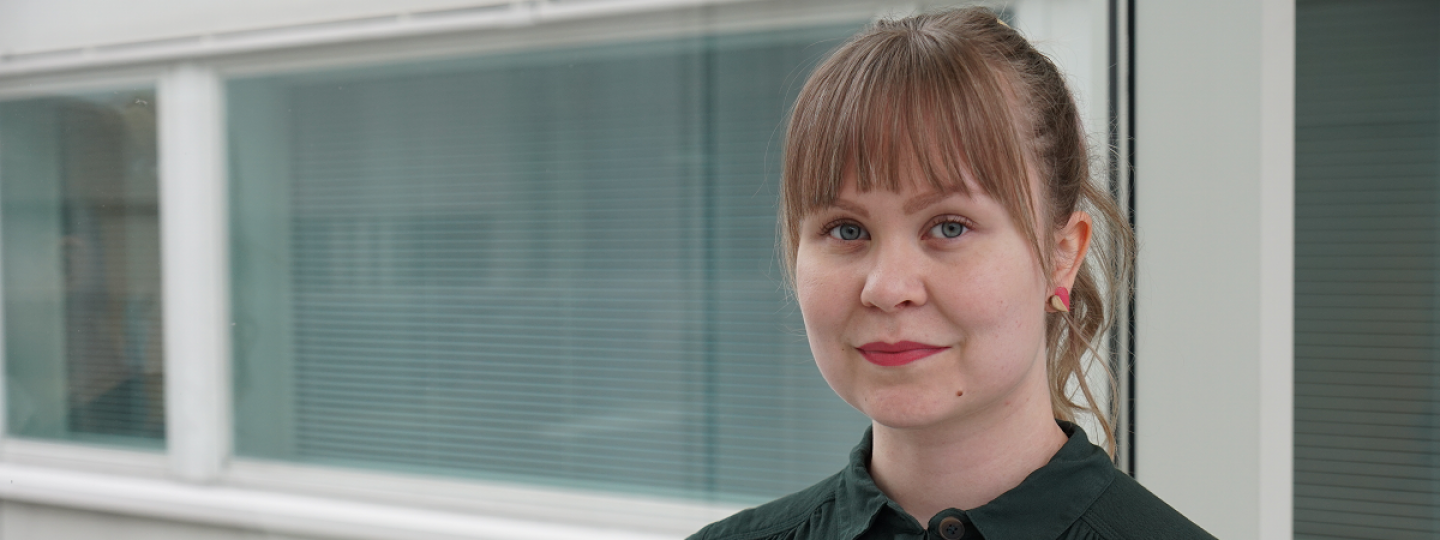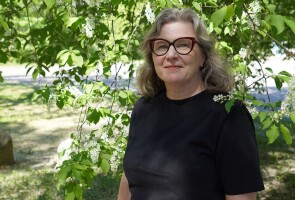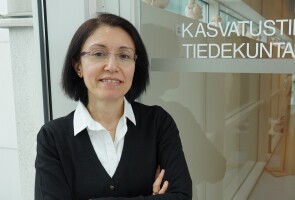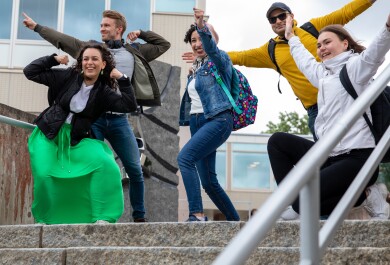CERLI, Centre for Research on Learning and Instruction, and CELE, Centre for Research on Lifelong Learning and Education, present one researcher each month. In March it is CELE's doctoral researcher Mari Siipola’s turn.
At the moment, I am studying if allocating students into general and selective classes is connected to comprehensive school students’ well-being and learning outcomes. According to the first study of my doctoral dissertation, sixth-graders’ math and reading skills were stronger in the selective classes, but experiences of school engagement and school burnout did not differ between classes. Next, I will be studying these same students and the development of their learning and well-being in a longitudinal setting from sixth grade to eight grade.
Studying this topic is important because so far little is known about the effects of student allocation into general and selective classes that emphasis particular school subjects. Aptitude tests, previous school grades, interviews or teacher recommendation are used as a criteria for enrolment to the selective classes, and others are allocated to general classes in a local school according to their home address. Through these education policies and practices in pupil allocation, students get selected into different classes also by their socioeconomic background. More research is needed on the development of learning and well-being in classes with different student enrolment policies.
In my everyday life as a researcher, I am learning new statistical methods and software, reading and writing scientific articles, and assessing students’ exam and essay answers. The big work is just accomplished, as I have received funding for my doctoral thesis, and we have just finished collecting longitudinal data on sixth graders in Turku as part of the Turku Urban Research Programme: “Comprehensive Schools as Centres of Learning and Well-being in Turku”. The students participated in the study at three time points: in the spring of the 6th grade (2022), in the autumn of the 7th grade (2022) and in the autumn of the 8th grade (2023). Next my daily work will mainly consist of analysing this data.
I collaborate with researchers from the Research Centre for Education, Assessment and Learning (REAL) and the Research Group on Children’s and Adolescent’s Health Promotion (NEDIS) at Tampere University, and with local education policy leaders at the City of Turku. I am also involved in coordinating the national network of behavioural scientists interested in structural equation modelling (SEM). If you are interested in learning new statistical methods, networking, and sharing your own experiences on SEM analysis, please contact me!
When I’m not researching, I spend my free time with my family and friends. I like to explore new places in my local area and there are plenty of them here in Southwest Finland, because for someone from Oulu, there is still a lot to see in these parts of Finland. Both the streets of the cities and the paths in the forests lead to exciting new places. When the adventures are over, I like to relax with a good (non-scientific) book.
My greetings to those involved in sociology of education and educational policy research: Let’s keep up the good work! Our research has a lot to contribute to ensuring equality and equity in this ever-changing world. Communicating research results is a challenge when the social and educational policy debate is sometimes tense, but by working together and supporting everyone, we ensure that research results are shared.




